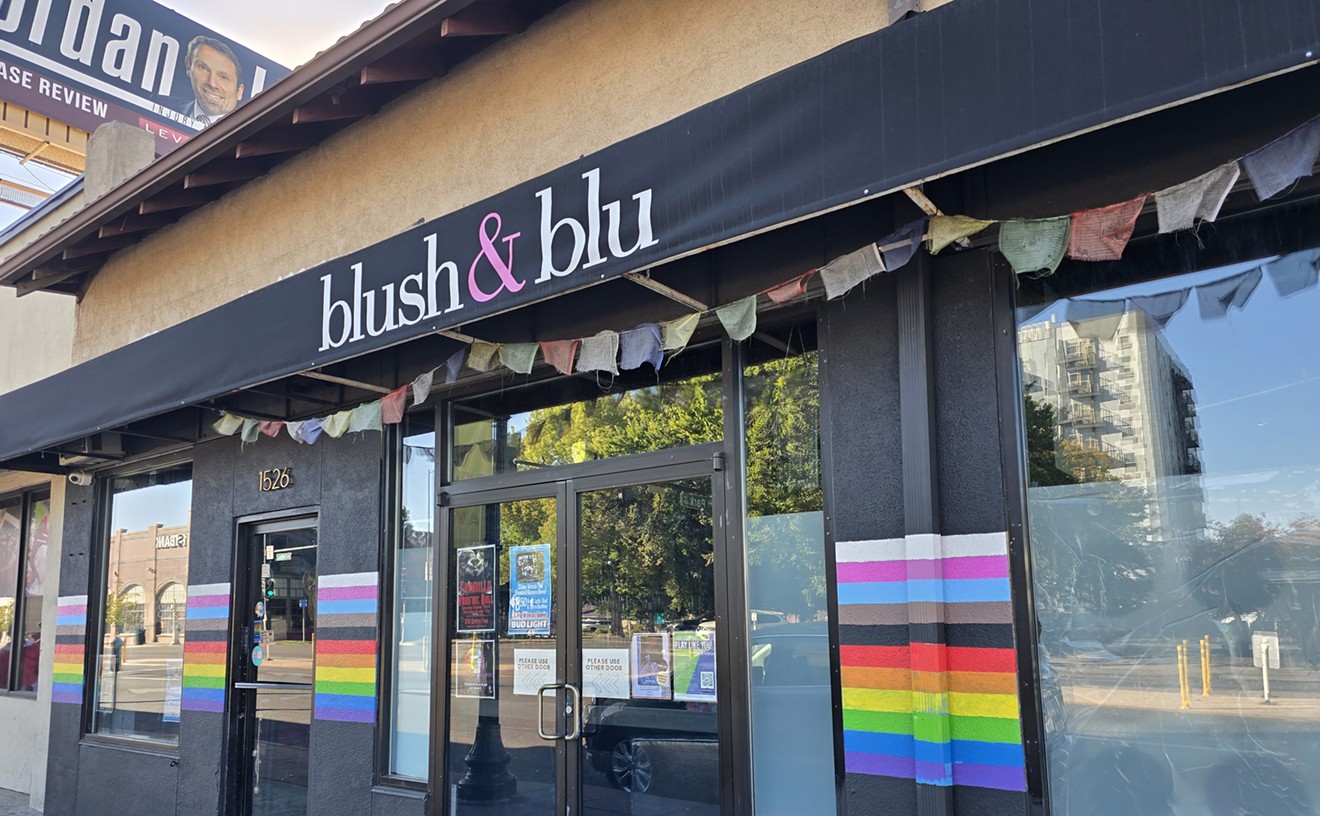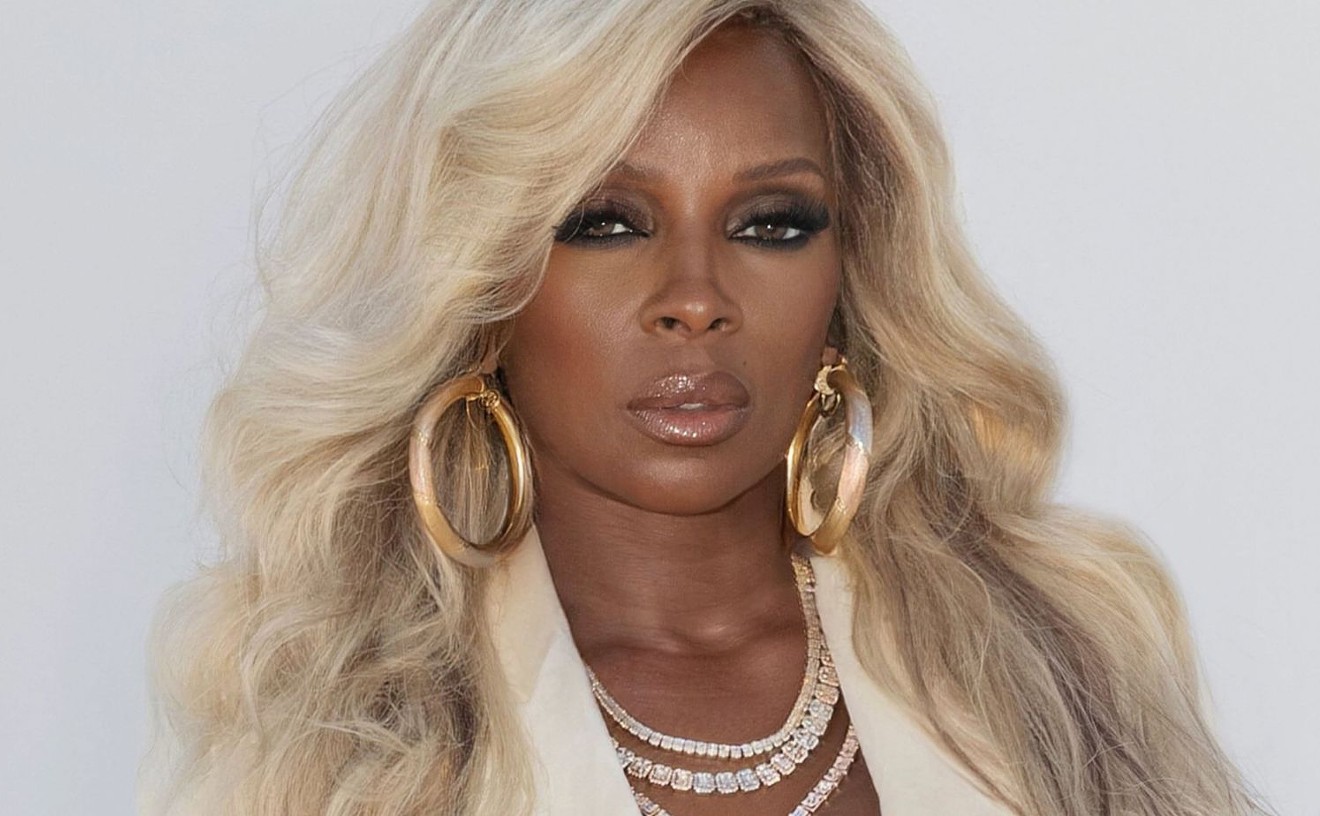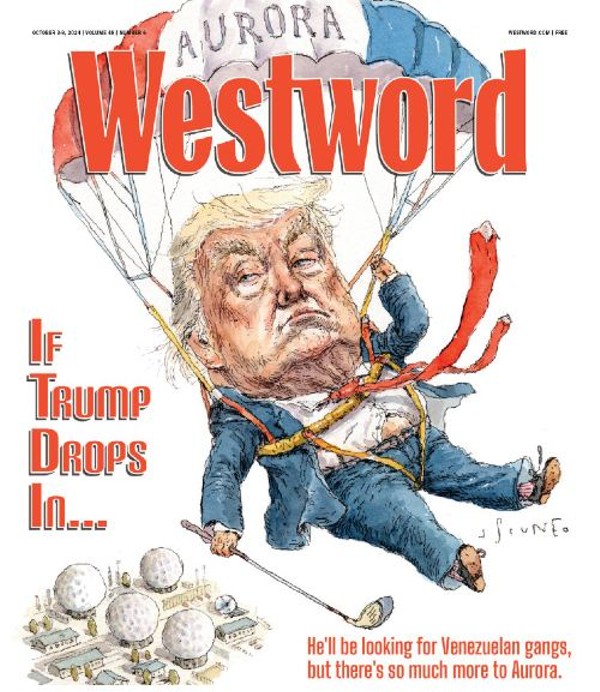Editor's note: Twenty years ago today, influential hip-hop artist Tupac Shakur died in Las Vegas after being shot six days earlier. In his new book, Original Gangstas: The Untold Story of Dr. Dre, Eazy-E, Ice Cube, Tupac Shakur, and the Birth of West Coast Rap (out today with Hachette Books), former music editor of L.A. Weekly Ben Westhoff explores the origins of gangsta rap, the themes and styles of which would dominate hip-hop in the '90s, and the genre's icons, like Shakur, who continue to loom large today. Below, Westhoff focuses on Shakur's role as social activist, not only in his lyrics, but by his actions in times of unrest similar to the current moment.
The Tupac Shakur We Deserve to Know
Twenty years ago, the rapper Tupac Shakur was killed in a brazen drive-by shooting that shocked the music world and remains unsolved. In the past two decades, a new generation of hip-hop stars has come and gone, yet Shakur remains one of the most celebrated and best-selling rappers of all time. A new film about his life, All Eyez on Me, will debut in November, and the soda brand Sprite is currently touting a limited-edition can featuring his lyrics. The film is sure to glamorize the Tupac Shakur fans know – the combustible, streetwise figure who helped instigate the sometimes violent rivalry between East Coast and West Coast hip-hop factions. That much is true. But a lesser-discussed side of Tupac Shakur is even more relevant to our world today: that of social activist.
In the midst of an exploding music and film career in the early 1990s, Shakur took a stand against police brutality directed at black men and women and committed himself to community building. His ideals were inspired by his mother, Afeni Shakur, a high-ranking Black Panther, and her husband, Tupac’s stepfather, Mutulu Shakur. Following in the footsteps of N.W.A’s 1988 protest song “Fuck tha Police,” Shakur’s 1991 debut, 2Pacalypse Now, features songs about mistreated characters who violently confront cops. "If one more cop harasses me, I just might go psycho," he raps. It drew criticism from Vice President Dan Quayle. “There is absolutely no reason for a record like this to be published by a responsible corporation,” Quayle said, unsuccessfully calling for its label to withdraw it from stores.
Shakur knew what it was like to be treated unfairly by police. In October 1991, shortly after the album’s release, he was stopped by Oakland officers for jaywalking and asked for ID. The police “sweated me about my name” he told journalist Davey D, and an argument ensued. “Next thing I know I was in a chokehold passing out with cuffs on, headed for jail for resisting arrest.” Tupac filed a $10 million suit against the department and received a $42,000 settlement.
Shakur was a transformative figure. But he was also a deeply flawed man. Although he wrote some of rap’s greatest paeans to black women (in “Dear Mama” he famously raps: “Even as a crack fiend, Mama/You always was a black queen, Mama"), he also served a stint in prison for sexually abusing a nineteen-year-old woman.
While living with his stepbrother, known as Mopreme Shakur, in an Oakland apartment, he moved through a world of street hustlers. He bought an AK-47 for protection, and, to get by, briefly sold drugs. With his mother battling crack cocaine addiction, the irony of the situation wasn’t lost on him. And so he and his stepbrother brainstormed a code of ethics for drug dealers to live by. “When you’re going through poverty, everybody dibbles and dabbles [in drug dealing],” Mopreme told me. “But let’s try to be smart about what we’re doing. Maybe we can save some lives.”
They saved many lives. The code they adopted, called Thug Life, became the basis of a 1992 treaty signed by Crips and Bloods gangsters in Watts, Los Angeles. The 26-point truce agreement sought to reduce violence associated with drugs, its bullet points decrying selling to the underaged and pregnant, as well as protecting civilians and making the hood “safe for squares.” The treaty is credited with helping spur a dramatic drop in Los Angeles gang violence, and at a gang truce meeting in Brooklyn around that time, Shakur discussed the Thug Life code with drug dealers from across the city. The parties didn’t emerge with complete consensus, but simply getting everyone to the table was an example of Shakur’s extraordinary diplomatic abilities. The ideals of the Thug Life code blossomed into a full-fledged movement dedicated to empowering at-risk black men. In the process, Shakur was attempting to re-appropriate the word “thug”: “I’m thugging against society. I’m thugging against the system that made me,” he told journalist Chuck Philips.
Tupac Shakur’s activism could also be spontaneous and reckless, however. In late 1993 he was in suburban Atlanta for a show when he saw two men arguing with a motorist. He didn’t know the car’s African-American driver and didn’t realize the men were police officers, as they were dressed in civilian attire, but he believed they were harassing the driver, and he intervened. A shootout ensued, resulting in Shakur shooting and injuring both officers. Charges were filed against Shakur but later dropped after it was revealed that the police officers had been drinking. The motorist, Kendall Hunter, credited Shakur with saving his life.
Following the 2014 murder of Michael Brown in Ferguson, Missouri, by a white police officer, popular rappers like Jay-Z and Kanye West were criticized for not immediately showing public support for Black Lives Matter protesters. However, many of Shakur’s lyrics, including “Here on Earth, tell me what's a black life worth?” from his 1997 posthumously released song “I Wonder If Heaven Got a Ghetto,” seem to anticipate the movement. And it seems likely that, were he still alive, Shakur would have not just spoken up – he would have joined the rallies himself. Indeed, he did exactly that on April 29, 1992, following the verdict in the Rodney King case, in which four police officers were acquitted of assaulting the black motorist. Shakur immediately left the Los Angeles studio where he was recording. He and a small group of musical collaborators drove into the heart of the L.A. riots in South Central, stopping outside of a record store called Tempo, which was in the process of being looted. Fans emerged with albums including copies of Tupac’s debut CD.
He could have been upset, but instead he signed the discs and posed with fans for pictures. It was a natural impulse for a man for whom community obligations trumped commercial ones. As Shakur’s commercial legacy continues to grow, and as our country continues to struggle with the issues he rapped about in the ’90s, we would be wise to acknowledge this other, less glamorous side of Tupac Shakur. After all, speaking up to injustice was the reason he rapped in the first place.

Audio By Carbonatix
[
{
"name": "Air - MediumRectangle - Inline Content - Mobile Display Size",
"component": "12017618",
"insertPoint": "2",
"requiredCountToDisplay": "2",
"watchElement": ".fdn-content-body",
"astAdList": [
{
"adType": "rectangle",
"displayTargets": "mobile"
}
]
},{
"name": "Editor Picks",
"component": "17242653",
"insertPoint": "4",
"requiredCountToDisplay": "1",
"watchElement": ".fdn-content-body",
"astAdList": [
{
"adType": "rectangleLeft",
"displayTargets": "desktop|tablet"
},{
"adType": "rectangleRight",
"displayTargets": "desktop|tablet|mobile"
}
]
},{
"name": "Inline Links",
"component": "18838239",
"insertPoint": "8th",
"startingPoint": 8,
"requiredCountToDisplay": "7",
"maxInsertions": 25
},{
"name": "Air - MediumRectangle - Combo - Inline Content",
"component": "17261320",
"insertPoint": "8th",
"startingPoint": 8,
"requiredCountToDisplay": "7",
"maxInsertions": 25,
"watchElement": ".fdn-content-body",
"astAdList": [
{
"adType": "rectangleLeft",
"displayTargets": "desktop|tablet"
},{
"adType": "rectangleRight",
"displayTargets": "desktop|tablet|mobile"
}
]
},{
"name": "Inline Links",
"component": "18838239",
"insertPoint": "8th",
"startingPoint": 12,
"requiredCountToDisplay": "11",
"maxInsertions": 25
},{
"name": "Air - Leaderboard Tower - Combo - Inline Content",
"component": "17261321",
"insertPoint": "8th",
"startingPoint": 12,
"requiredCountToDisplay": "11",
"maxInsertions": 25,
"watchElement": ".fdn-content-body",
"astAdList": [
{
"adType": "leaderboardInlineContent",
"displayTargets": "desktop|tablet"
},{
"adType": "tower",
"displayTargets": "mobile"
}
]
}
]










